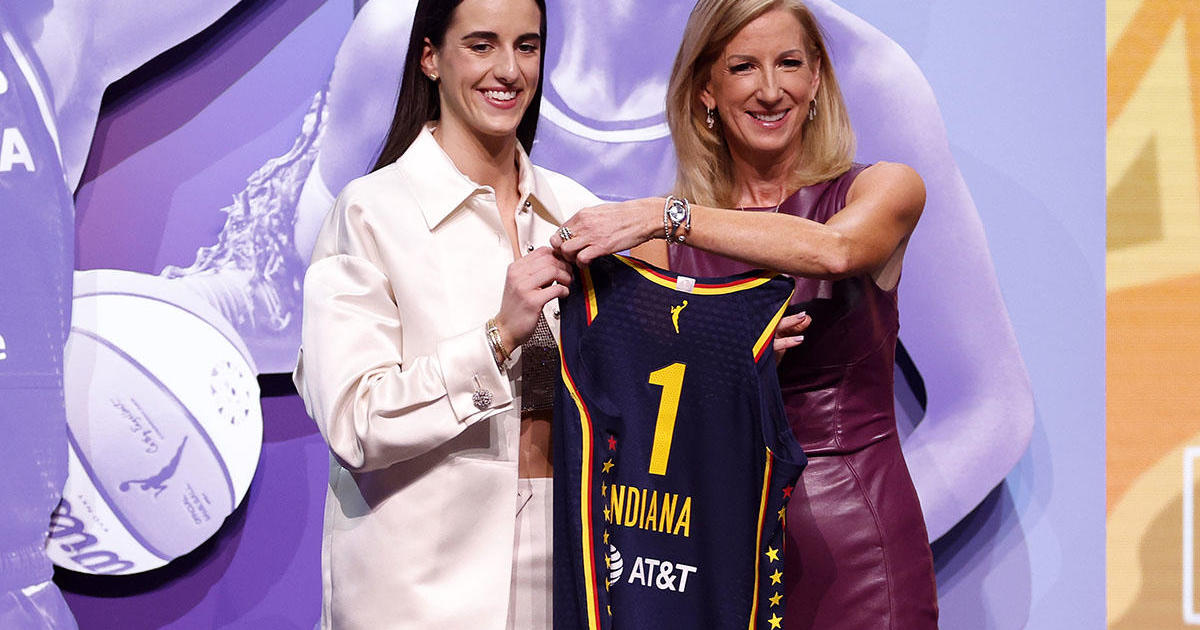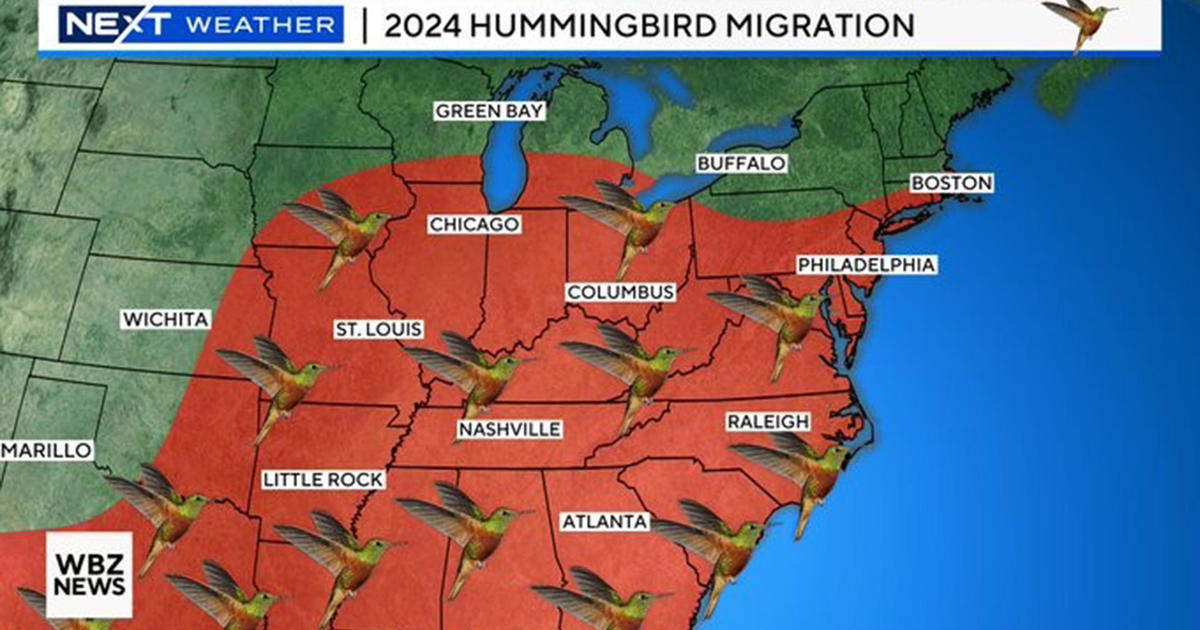The Male vs. Female Pay Gap
BOSTON (CBS) - At the beginning of the 1900s an estimated 5 million women went to work outside the home every day. They were maids, cooks, cleaning women, seamstresses, governesses, mill workers, school teachers and maybe shopkeepers. Very few were professionals of any kind and very few had any formal education.
By 1950 that number increased to over 18 million. Many women continued to work after the end of World War II. These were Rosie the Riveters, the secretaries, school teachers and the nurses. They were working in factories, offices, schools and hospitals.
Today, close to 70 million women are juggling work and home and most of them have children. Seventy-four percent of women with children under 18 are working. Women outnumber men in part-time work by two to one.
After the great Depression of the 30s and during World War II many women needed to work much like today to support their families. Companies found they could pay the women less than they had paid the men.
Although better educated than their mothers and grandmothers, today's women are still not earning as much as men. Women earn on average $0.81 cents to every $1 paid to men. And in some fields it falls to 62 cents. During the late 90s the gap seemed to be shrinking but a report released by the General Accounting Office, GAO, indicated that women lost ground in many fields; medicine, finance, insurance and even in education which is so often thought of as a women's field.
What does this mean for women? If we look at an average $50,000 a year income over a lifetime career of 45 work years one will have earned $2.25 million and if a woman only earns 80% of that, $40,000 a year, she will have earned $1.8 million. That's almost half a million dollars ($450,000) less than her male co-worker. The less money she earns the less she has to save to reach her goals of a comfortable retirement, educating her children and buying a home.
When looking at a college education one should earn a marketable degree. Something that will help you find a job upon graduation. Pharmacist, nurse, computer analyst, engineer. Art History sounds so avant-garde and fun as a degree. Well minor in it and major in computer science!
Women need to know what the going salary is for work they do. They need to know what they are worth. And they need to ask for it. They also should consider going into fields that pay higher wages.
....................
You can hear Dee Lee's expert financial advice on WBZ NewsRadio 1030 each weekday at 1:55 p.m., 3:55 p.m., and 7:55 p.m.
Subscribe to Dee's Money Matters newsletter here.



